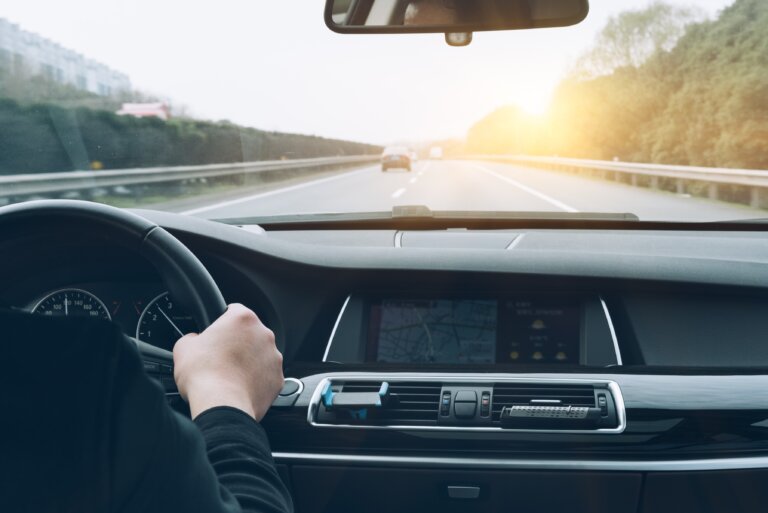Like many other states, California has strict rules and laws regarding driving under the influence to ensure the safety of all road users. It is important to understand and follow the legal regulations and limits in California to avoid severe consequences. The legal alcohol limit in California is determined by the Blood Alcohol Concentration (BAC), which indicates whether a driver is impaired.
In California, this limit is crucial not only for enforcement purposes but also to help prevent accidents, injuries, and fatalities caused by drunk driving.
What Is the Legal Alcohol Limit in California?
The legal BAC limit in California for adult drivers is 0.08%. A BAC of 0.08% or higher is considered legally impaired, and drivers can be arrested for Driving Under the Influence (DUI).
Restrictions for People Below the Drinking Age (Under 21 Years Old):
- A BAC of 0.01% or higher is considered legally impaired for drivers under 21.
- First DUI Offense: One-year license suspension.
- To reinstate the license, the driver must pay a fine of $100 and provide proof of financial responsibility (insurance).
Restrictions for People 21 Years Old or Older:
- A BAC of 0.08% or higher is considered legally impaired.
- First DUI Offense: Four-month license suspension.
- To reinstate the license, the driver must pay a fine of $125 and provide proof of financial responsibility (insurance).
How Is BAC Measured?
BAC is primarily measured through breath tests, blood tests, and urine tests. The most common method is the breath test, where the driver blows into a machine to assess alcohol levels. Blood tests are considered the most accurate but are typically used when breath tests are unavailable or inconclusive. Urine tests are the least preferred due to their lower reliability.
These tests are usually administered by police officers during a traffic stop or after an arrest if there is reasonable suspicion of impaired driving.
Factors That Affect BAC
Several factors can influence a person’s BAC, and understanding them is crucial for preventing impairment:
- Amount of Alcohol Consumed: The more alcohol consumed, the higher the BAC. A single drink (e.g., a beer, a glass of wine, or a shot of liquor) can increase BAC by approximately 0.02%. However, the effect varies from person to person.
- Body Weight: Heavier individuals tend to have a lower BAC compared to lighter individuals who consume the same amount of alcohol.
- Gender: Women generally have a higher BAC than men of the same weight after consuming the same amount of alcohol due to differences in metabolism and body composition.
- Food Intake: Drinking on an empty stomach leads to faster alcohol absorption into the bloodstream. Eating before or while drinking can slow this process, reducing the rise in BAC.
- Rate of Consumption: Drinking alcohol rapidly, such as having several drinks in a short time, increases BAC quickly and significantly impairs driving ability.
Penalties for DUI in California
California takes DUI offences seriously, and drivers caught with a BAC of 0.08% or higher face severe consequences. Penalties for a first-time DUI offence in California may include:
- License Suspension: A temporary suspension for at least four months.
- Fines: Up to $1,000 or more.
- DUI Education: Enrollment in a DUI education program.
- Jail Time: Possible jail time, though often avoided for first-time offenders.
Subsequent offences and higher BAC levels (e.g., 0.15% or higher) carry more severe penalties, including longer license suspensions, heavier fines, mandatory installation of an ignition interlock device, and extended DUI education programs.
Importance of Knowing the Limits
Understanding the legal alcohol limit is not just about avoiding legal trouble—it’s also about protecting yourself and others. Driving under the influence impairs judgment, reaction time, and motor skills, all of which are essential for safe driving. Even if your BAC is below the legal limit, alcohol can still affect your ability to drive safely.
Additionally, personal injury law enforcement officers in California are trained to identify impaired drivers. Even if a driver’s BAC is below 0.08%, they can still be arrested for DUI if the officer determines they are impaired.
Final Reminder
Even small amounts of alcohol can impair driving, and the safest option is never to drive after drinking. If in doubt, take a cab, use rideshare services, or designate a sober driver to ensure you arrive home safely.
Back to blog
